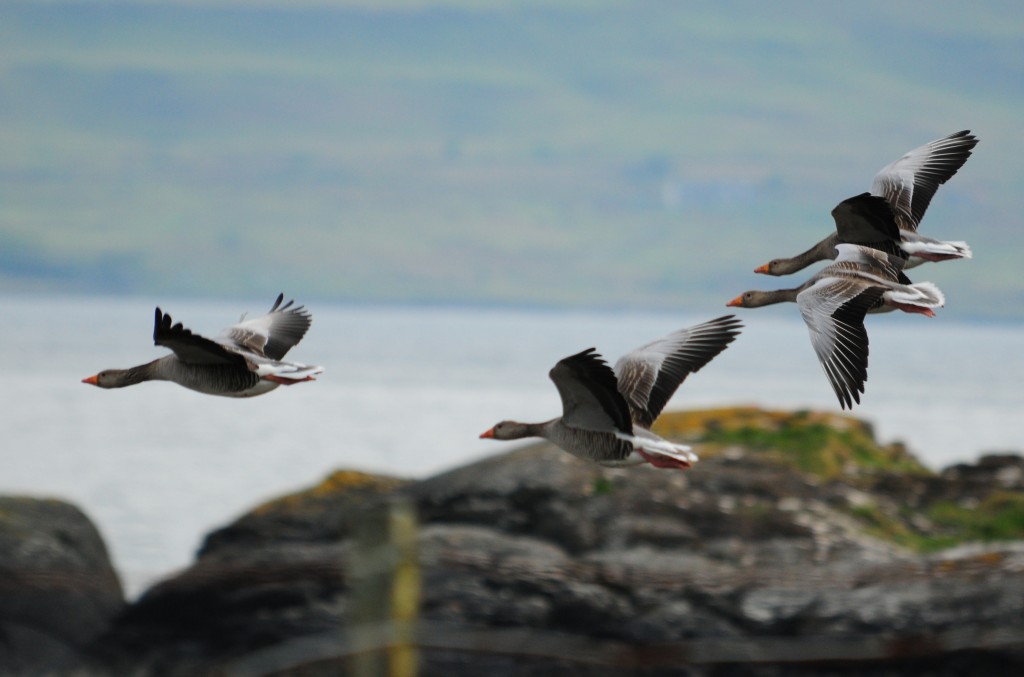Here's one of the things that make a Bible commentary the real thing. Scot McKnight has written a superb commentary on James – I hesitate to say the best because there are several other very good ones that do different things, or do what he does differently.
A big question is what kind of document is James? Calling it a letter or epistle or sermon or homily doesn't quite describe the tone, contents and assumed audience of this New Testament book – even the word book seems a misnomer. So McKnight asks the question, what is a letter intended to do, and he quotes some of the words of Seneca when he was accused of writing cafrelessly and informally:
"Now who talks carefully unless he also desires to talk affectedly? I prefer that my letters should be just what my conversation would be if you and I were sitting in one another's company or taking walks together – spontaneous and easy….If it were possible I should prefer to show, rather than speak, my feelings."
So, through Seneca, McKnight gives us the handle on this letter of James:
James is speaking, sometimes forthrightly and prophetically and other times more didactically, as if he were in the recipients' presence speaking to them. The letter is not an abstract "epistle" designed for posterity or intellectual reputation. It is a gritty in your face pastoral letter zippered up at times with some heated rhetoric" (61)
Reading James as a 21st Century Western middle aged white male kind of removes me from the immediacy of a relationship between James and those who would have heard his voice not only in the words but in the tone and the history of the relationship they shared. McKnight's suggestion is very helpful, especially as a caution when we try to over-exegete what at times is a Christian leader's exasperation or anxiety, or annoyance, or sadness or genuine anger. Students of James have always known the practical, in your face, this is what being a Christian sounds and looks like approach of James.
McKnight sees no compelling reason to deny that the author was, as tradition affirms, the brother of Jesus. And I wonder if there are memories and echoes of his brother's actions and words in his words, "Religion that is pure and undefiled is this: care for orphans and widows in their distress, and to keep oneself unstained by the world." Compassion and purity, mercy and single-minded faithfulness to God. Not for James the world-rejecting ethic; he is more interested in followers of Jesus being themselves the evidence of God's faithful mercy.




